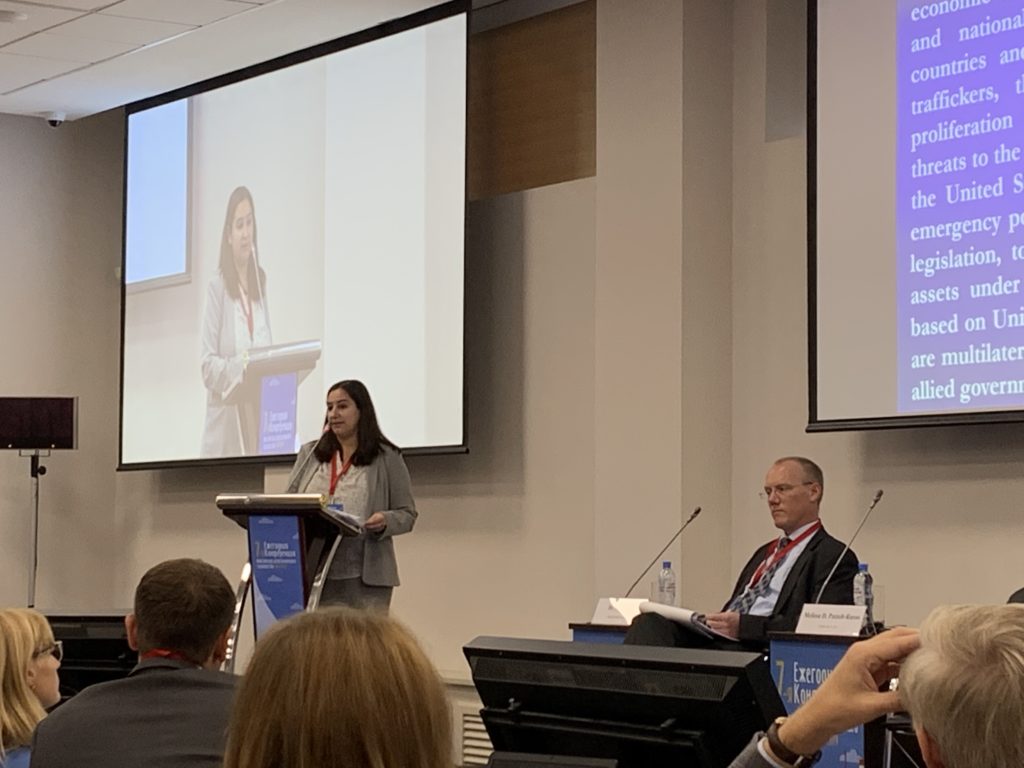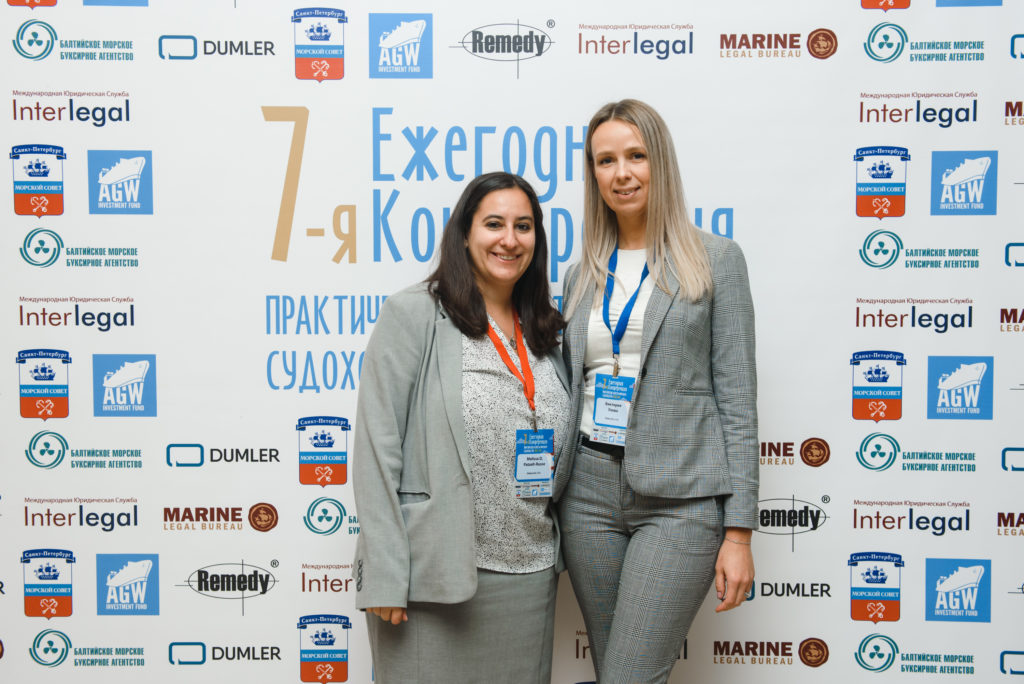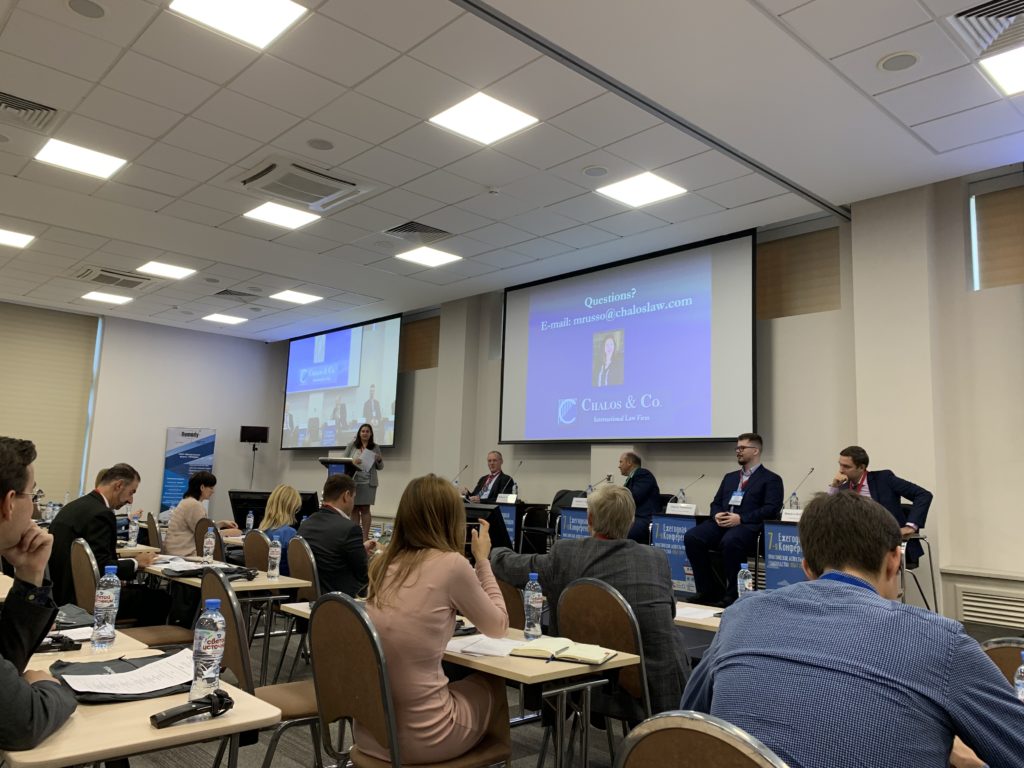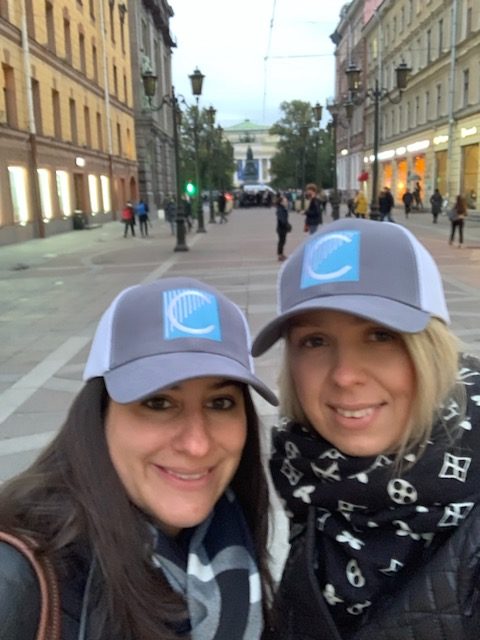On January 25, 2019, the Texas Supreme Court issued an opinion holding that a Joint Venture Provision in Anadarko Petroleum Corporation and Anadarko E&P Company, L.P.’s (“Anadarko”) insurance policy did not limit the Underwriters’ liability for Ankarko’s defense expenses.
The case arose from the April 20, 2010 blowout and explosion from the Deepwater Horizon drilling rig which resulted in eleven casualties and millions of gallons of oil leaking into the Gulf of Mexico. Anadarko entered into a Joint Venture Agreement (the “Agreement”) with various BP entities and MOEX Offshore 2007 LLC where Anadarko held a twenty-five percent (“25%”) ownership interest in the Macondo Well (i.e. – the Deepwater Horizon drilling rig) located in the Gulf of Mexico. Prior to the incident, Anadarko purchased an insurance policy, the “energy package,” through Lloyd’s London market which covered liability up to $150 million per occurrence. The policy did not require the Underwriters to defend Anadarko against liability claims, but required the Underwriters to indemnify (reimburse) Anadarko of its “Ultimate Net Loss” which was defined under the policy as “the amount [Anadarko] is obligated to pay, by judgment or settlement, as damages resulting from an ‘Occurrence’ covered by [the] policy, including the service of suit, institution of arbitration proceedings and all ‘Defence Expenses’ in respect of such ‘Occurrence.’” Multiple cases against BP entities, Anadarko, and MOEX were instituted as a result of the incident, which were later consolidated, and included damages for bodily injury, wrongful death, and property damage. BP and Anadarko reached an agreement were Anadarko agreed to transfer its 25% ownership interest to BP and pay BP $4 billion dollars. In return, BP agreed to release its claims against Anadarko and indemnify Anadarko for liabilities arising out of the incident.
The Underwriters paid Anadarko $37.5 million based on Anadarko’s 25% ownership interest under the Agreement for liabilities arising out of the incident. Anadarko filed suit against the Underwriters and alleged that the Underwriters should also pay for Anadarko’s defense expenses. Anadarko sought payment of the remainder of the policy limit, totaling $112.5 million, for defending against various third-party and government claims. The trial court found in favor of Anadarko. On appeal to the Court of Appeals for the Ninth District of Texas, the Court of Appeals reversed the judgment and found in favor of the Underwriters. At issue before the Texas Supreme Court was the first clause of the Joint Venture Provision in the policy which imposes a coverage limit based on Anadarko’s ownership interests and provides that:
[A]s regards any liability of [Anadarko] which is insured under this Section III and which arises in any manner whatsoever out of the operation or existence of any joint venture . . . in which [Anadarko] has an interest, the liability of Underwriters under this Section III shall be limited to the product of (a) the percentage of interest of [Anadarko] in said Joint Venture and (b) the total limit afforded [Anadarko] under this Section III.
The Texas Supreme Court found that “any liability” in the clause does not refer to defense expenses. Both liabilities and defense expenses were insured under the policy; however, liabilities and defense expenses were unambiguously distinguished in the policy. Specifically, the 25% Joint Venture Provision applied only to liabilities and not defense expenses. The Court rejected the Underwriters’ argument that the Joint Venture Provision restricts the coverage of defense expenses to a 25% cap and found in favor of Anadarko. The Court held that even though there was only a single Ultimate Net Loss amount for excess liability set at $150 million, only joint venture liabilities had a 25% cap. Accordingly, the defense expenses could be recovered by Anadarko up to the remaining $112.5 million (of the $150 million total) under the policy. The judgment was rendered and the case was remanded to the trial court for further proceedings consistent with the opinion by the Texas Supreme Court.
To read the full opinion, please click here.
For more information about the Texas Supreme Court decision, please do not hesitate to contact us at info@chaloslaw.com.







